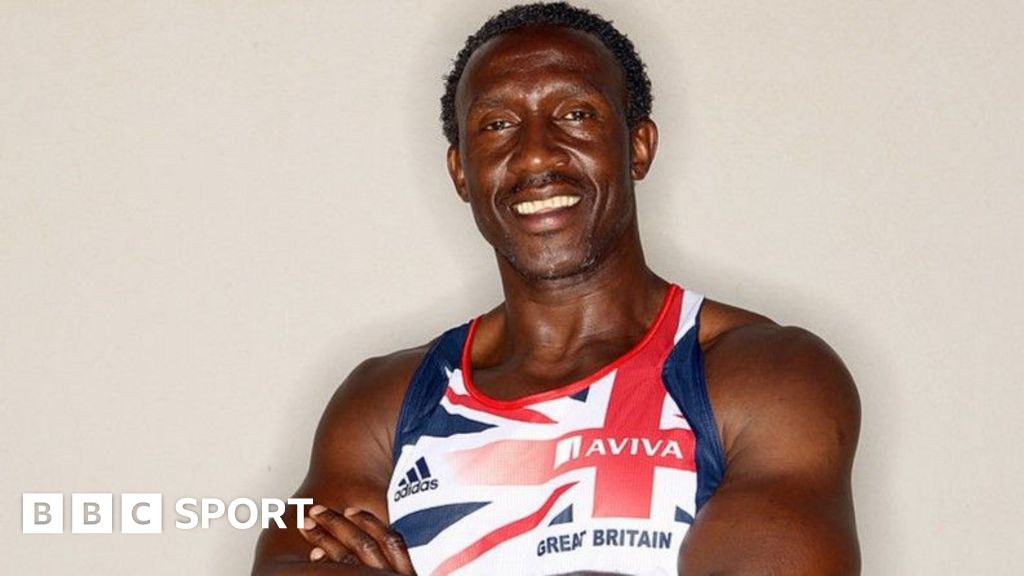Christie briefly came out of retirement in 1999 to race in Dortmund, Germany, in order to settle a bet with the athletes he was coaching.
He won the race – at the age of 38 – but afterwards tested positive for banned anabolic steroid nandrolone.
UK Athletics found Christie not guilty, but that decision was overturned by the International Amateur Athletic Federation (IAAF), which banned the former Olympic champion for two years.
Professor Ron Maughan was one of the UK Athletics anti-doping panellists who worked on Christie’s case.
In the film, he explains the panel’s role was “to prove guilt beyond reasonable doubt”.
Christie’s sample was about 100 times the threshold level.
“You think that’s an awful lot,” says Maughan, “but the amounts are so small, they would have absolutely no physiological effect, but they would trigger a doping test.”
Nandrolone can be found in certain supplements, and from 1998-2000 there were a spate of athletes returning positive tests.
Former European 200m champion Dougie Walker, and Britain’s former number one 400m hurdler Gary Cadogan also had two-year bans imposed after the IAAF overturned UK Athletics verdicts.
Referring to the inconsistency between UK Athletics and the IAAF, Christie told BBC Sport “you have your governing bodies – you have to allow them to make their decisions”, adding: “UK Athletics exonerated me.”
Christie was dropped from the BBC’s coverage of Sydney 2000, external following his ban, and largely disappeared from screens afterwards.
“For two years, I didn’t earn a penny and spent virtually all my savings trying to prove my innocence,” says Christie.
He told BBC Sport if he was found innocent now, it would not make any difference.
“At the end of the day, they can’t give me back what I’ve lost,” he said. “They can’t give me back the feelings I went through.”

